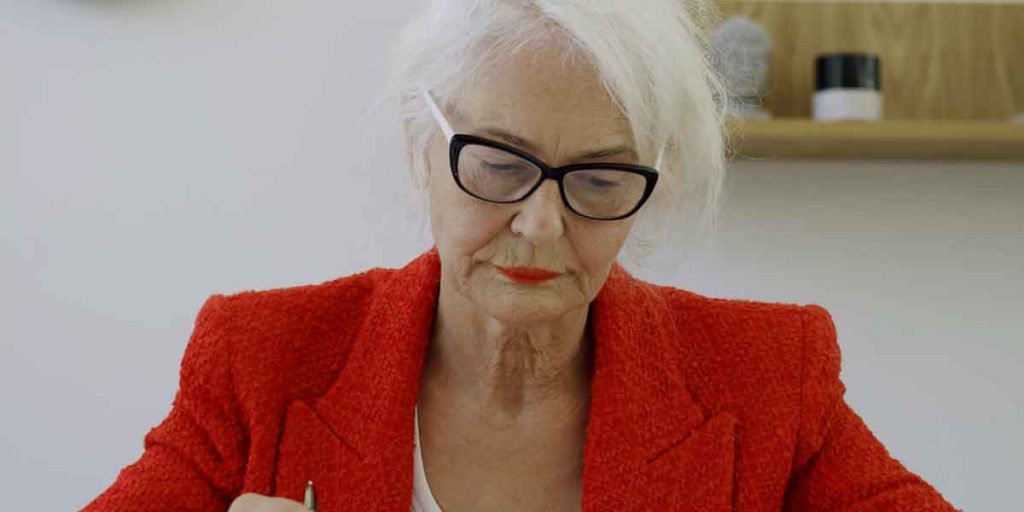Estate planning is a very broad topic that only a few understand. Of course, an estate planning attorney would be in charge of planning your estate. However, it is still important that you understand the basics of estate planning.
Having a little understanding of estate planning and hiring the best estate planning lawyers Brooklyn for your estate plan, would ensure that you create the perfect estate plan for yourself and your loved ones. What is estate planning? What is the importance of estate planning? What documents do you need to plan your estate? These are the basic thing you, an estate owner, should know.
In this article, we’ll be taking about estate planning.
What is Estate Planning?
Estate planning is the act of preparing for the transfer of an individual’s asset and wealth to designated beneficiaries after his or her death. Assets, pensions, real estate, life insurance, cars, personal belongings, including debts are among one’s estate. An estate plan must be written, signed, and notarized by the estate owner.
After your death, your will, a significant component of your estate plan, will dictate how your assets is to be managed and shared. If you die without a will, it is said that you died intestate. In that case, your state will step in.
What happens if you die without a will?
If you die without a will, your properties (bank accounts, securities, real estate, including other assets you own) will be shared based on the intestate law of Brooklyn or whatever state you reside in. Real estate owned in another state will be handled under the intestacy laws of the state where the property is situated.
The law of intestate succession vary significantly depending on whether you were single or married, or had children. In most instances, your assets is shared to your heirs. Your heirs could include your surviving spouse, parents, siblings, aunts and uncles, nieces, nephews, including distance relatives. Generally, when no relatives can be found, the whole estate goes to the state.
What happens if you die without a will and you are single?
If you aren’t married or childless, your parents will get your entire estate if they are both alive. Otherwise, it will be shared among your siblings (half-siblings included) and your surviving parent, if one parent isn’t alive. If you have no surviving parents at the time of your demise, then the whole of your estate will be shared among siblings, in the same proportion. If there are no surviving parents, siblings, or descendants of siblings ( nieces and nephews), then the relatives on your mother’s side would inherit one-half of the estate, with the other one-half going to the relatives on your father’s side.
In the event that you are single and have children, then the whole of your estate generally will be transferred to your children, in equal proportions. If any child has died before you, and that child has any children, then that child’s portion will be transferred to your grandchildren.
What if you die without a will and you are married?
Depending on how your assets are owned at the time of your death, the whole of your estate will either be transferred to your surviving spouse (if it is community/ marital property), or shared between your surviving spouse, siblings and parents (if it is your separate property). If you are married and have kids with your existing spouse, the whole of your estate will go to your surviving spouse.
If not, your surviving spouse will get up to one-half of the estate, and the remaining portion will be transferred to your surviving children from another spouse or partner.
What happens if you die without a will and you are in Domestic Partnership?
Special rules come into play if you die in this situation. Since not all states approve domestic partnerships, it is crucial to check the laws of your state to understand how property is shared after your death. Generally, if you die without a will and are survived by a domestic partner, your domestic partner will get the same as a surviving spouse, deepening on how you owned the property.









